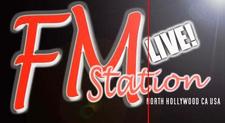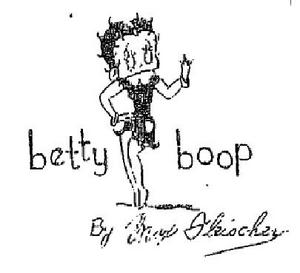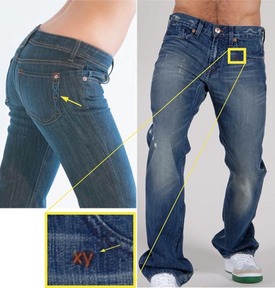Los Angeles, CA – Trademark lawyers for Carroll Shelby and his trust and licensing company filed a trademark and trade dress infringement, unfair competition, and violation of the right of publicity complaint at the Federal District Court in Los Angeles. Click to read complaint. Shelby is the legendary race car driver who broke the land speed record at the Bonneville Salt Flat and won the 24-hour Le Mans road race. After retiring from auto-racing, Shelby began designing some of the most highly prized race and production cars, including Shelby Cobras. The complaint alleges that the design of the Shelby cars, the Daytona specifically, has acquired distinctiveness and serves to identify Plaintiff as its source (the “Daytona Coupe Trade Dress”). The Daytona Coupe Trade Dress was registered with the USPTO as Registration No. 2,958,927. Plaintiff Shelby also owns the following USPTO issued trademark registrations: 289, 427 S/C, Shelby 427 S/C, and Shelby. Plaintiff Shelby is also the exclusive worldwide licensee of the COBRA trademark and logo, which are owned by Ford Motor Company.
Defendant Factory Five Racing, Inc. (“FFR”) allegedly manufactures replicas of “Shelby Cobra vehicles, including kit cars bearing designs confusingly similar to the Daytona Coupe Trade Dress.” On FFR’s website, www.factoryfive.com, FFR allegedly uses trademarks owned by or licensed to Shelby in the metatags thereof to draw Internet traffic to the site, “these marks appear in the metatags but not in the posted content of the web pages, reflecting a design to conceal their use.” Further, the complaint alleges that links from FFR’s website directs traffic to LK Motorsports and Internet Community Partners, LLC’s websites, where further infringing use of the trade dress and trademarks occur. The case is titled Carroll Shelby v. Factory Five Racing, Inc. et al., CV 08-07881 CAS (C.D. Cal. 2008).
 Los Angeles Intellectual Property Trademark Attorney Blog
Los Angeles Intellectual Property Trademark Attorney Blog


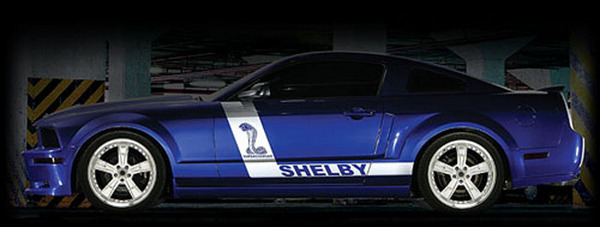
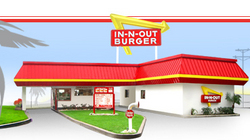
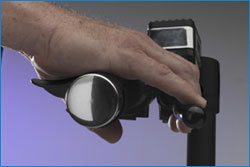
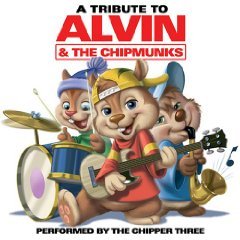
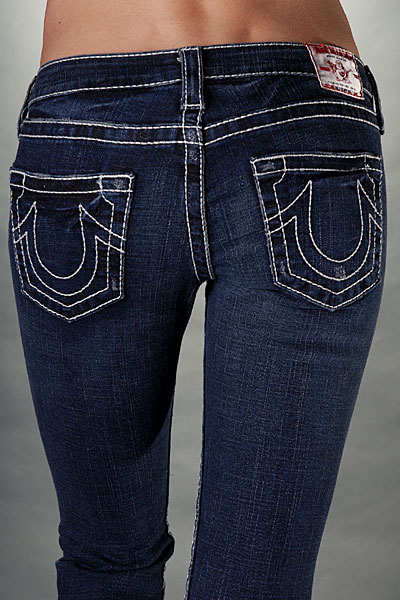 Guru Denim owns a
Guru Denim owns a 